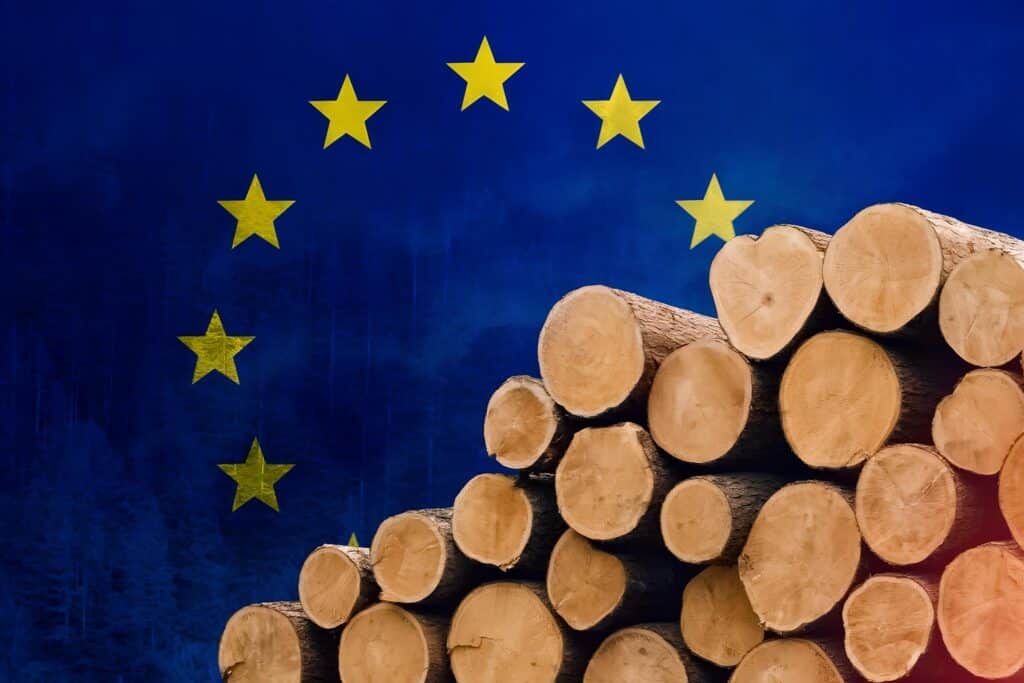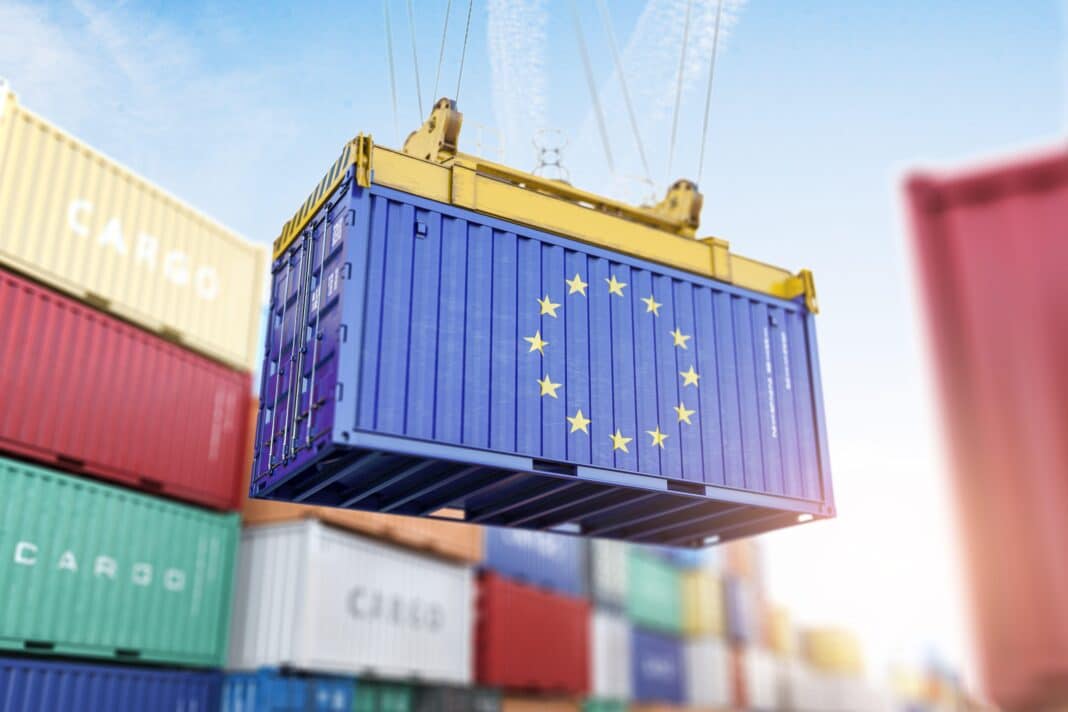Global Coffee is now flooding the European Union with shipments, with major importers scaling back and abandoning small African landowners in favour of “rich Brazilian farmers” to de-risk supply chains.
That is according to Vanusia Nogueira, the executive director of the International Coffee Organisation (ICO), who said that uncertainty around the new EUDR has led to supply chaos across the US $47 billion coffee export industry—the world’s fastest-growing commodity market.
“Importers are speeding up shipments because there are questions about the law that the Europeans have not answered,” Ms Nogueria told Reuters at the International Coffee Seminar in Santos, Brazil, yesterday. “And who knows if we are going to have surprises?”
The EU is the world’s largest coffee market, and while the largest producers, including Brazil, Colombia, and Costa Rica, are far more “EUDR prepared” than African countries, Ms Nogueria said that there is a growing expectation that the EU will delay key elements of the EUDR to allow the global supply chain to prepare for the seismic change.

Last week, Wood Central exclusively revealed that Australia has joined the United States, Malaysia, Indonesia, and a raft of tropical countries led by Brazil in voicing its disapproval of the “poorly thought out” EUDR.
“First there was denial, and now there is panic,” – according to an EUDR global expert who anonymously spoke to Wood Central about the impact of the EUDR on Australian supply chains for beef and wood. However, the expert said the legislation will also impact value-added products like chocolate, which are imported, manufactured and sold into EU markets.
“The EUDR is unique because it is a B2B regulation set up by the EU but enforced by individual EU members,” with the expert adding that it is conceivable that exporters will need to run two separate supply chains: “One that is EUDR-ready, and the other which is not” – adding that it is now up to exporters to “make a commercial and ethical decision whether to stay in EU supply chains.”

The end result is a surge in compliance costs, which S&P Global forecast could balloon to US $2.5 billion as global forest producers drown in red and green tape. For its measure, the EU anticipates the cost “will need to be absorbed by a reduction of profit by operators along the value chain and eventually passed through to the final consumer.”
Earlier this month, iov42, a UK blockchain company focused on eliminating risk in timber supply chains, reported that 18% of global importers surveyed were unaware of the EUDR, which became enforceable on December 30, 2024.
According to Dominic von Trotha Taylor, the CEO and Chair of iov42, whilst it’s positive that many European importers are optimistic about the new legislation, “it is clear that meeting the requirements of this legislation is a huge undertaking for time-poor companies.”
Ratified by the European Commission just over 12 months ago, the EUDR will ban the import and sale of products like timber, coffee, beef, soy, palm oil, and cocoa, which are associated with deforestation and infringe on indigenous peoples’ rights. To learn more about how the new regulation will work and its impact on global supply chains for timber, pulp, and paper, visit Wood Central’s special feature.






